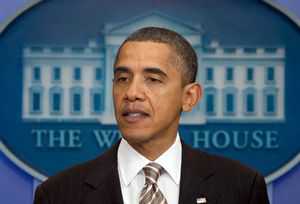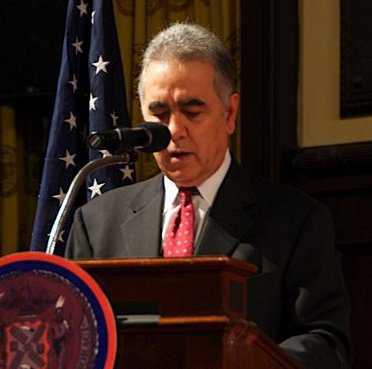Recent (Nov. 30) article on the dealings of Gulen network with U.S. public schools.
Charter school controversy prompts audit of state board
By Kirsten Stewart
The Salt Lake Tribune

Questions about a charter school’s supposed ties to Turkish Muslim preacher Fethullah Gülen have prompted legislative auditors to more broadly scrutinize charter school governance in Utah.
The legislative probe comes after the State Charter School Board issued preliminary results from its own investigation, clearing Beehive Science & Technology Academy of allegations that it exists to advance and promote Islamic beliefs but flagging the school for poor fiscal management.
The board has given the Holladay school until Dec. 31 to remedy a $337,000 deficit or face closure. Last week, to help shave costs, Beehive principal Frank Erdogan resigned.
But it’s the Charter School Board’s financial oversight that’s the focus of this new legislative probe, “particularly a state loan fund that charter schools are able to access,” said Auditor General John Schaff, who declined to divulge further details.
Rep. Jim Dunnigan, R-Taylorsville, said he called for the audit after learning from a constituent about Beehive’s “unusual financial dealings.”
Founded and financially supported by a group of Turkish-American scholars, Beehive advertises itself as a public charter school offering seventh through 12th graders a foundation in math and science.
Earlier this year, a former teacher and parent pointed to questionable financial transactions and hiring practices as proof of the school’s covert ties to Fethullah Gülen, a preacher and educator living in Pennsylvania and founder of the Gülen movement, an international network of schools, universities, banks, TV networks and newspapers.
Some see Gülen as the modern, nonviolent face of Islam. In Turkey, however, the private nature of his “civic society” has aroused suspicion. Gülen was forced to leave Turkey in 1998 on charges he was working to overthrow the secular government.
Charter schools are tuition-free, tax-funded public schools, which means they must be non-sectarian.
And while the Charter School Board found no proof of Beehive funneling state dollars to the Gülen movement, tax filings show the school has been propped up with interest-bearing loans from Turkish American heads of charter schools outside Utah. Two loans also came from executives at the non-profit Accord Institute in Tustin, Calif., which contracts with Beehive on curriculum design and teacher evaluations.
Beehive apparently also tapped a revolving, low-interest loan fund administered by the State Office of Education to pay for $184,000 in building upgrades. Schools must apply for the money, but the Charter School Board has no control over it, according to board chairman Brian Allen, who says he welcomes legislative scrutiny if it means improving charter schools.
“I think they’re watching how we handle Beehive to see if there are other tools we need to have in our toolbox to help us do our job better,” Allen said.
The board has asked Beehive to document the terms of its private loans. In addition, the school must devise a plan for paring expenses.
Original projections for 2009 showed the school $33,000 in the red. But outstanding loans coupled with high rent payments have opened a $337,000 hole in the school’s $2 million budget, according to documents obtained by The Salt Lake Tribune through an open records request.
The school has renegotiated its lease and laid off several staffers. Erdogan, the school’s principal, was among those who voluntarily resigned.
For the time being, academic dean Omer Odabasoglu will serve as acting principal, said Erdogan, who believes Beehive will survive its temporary budget woes.





